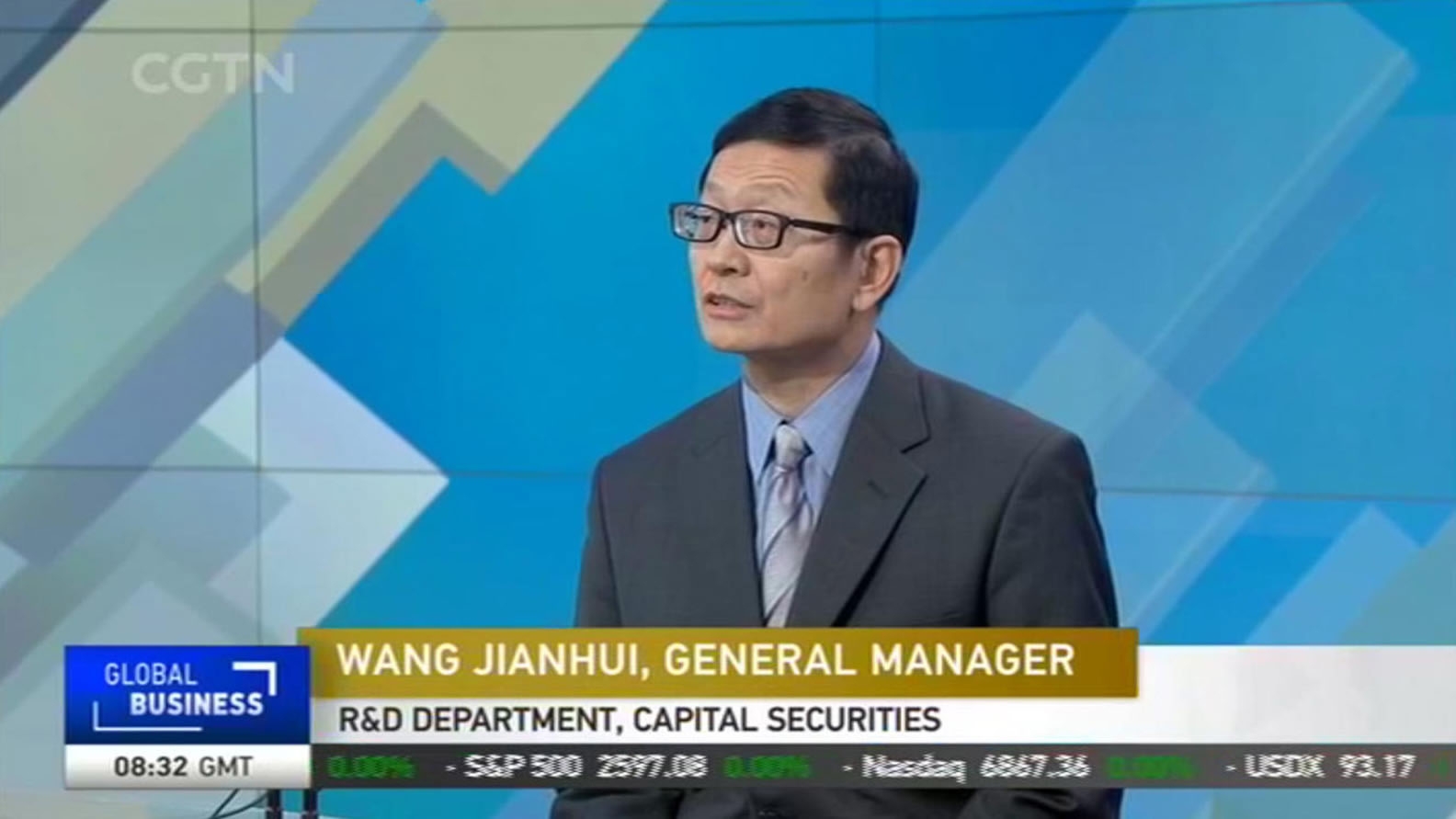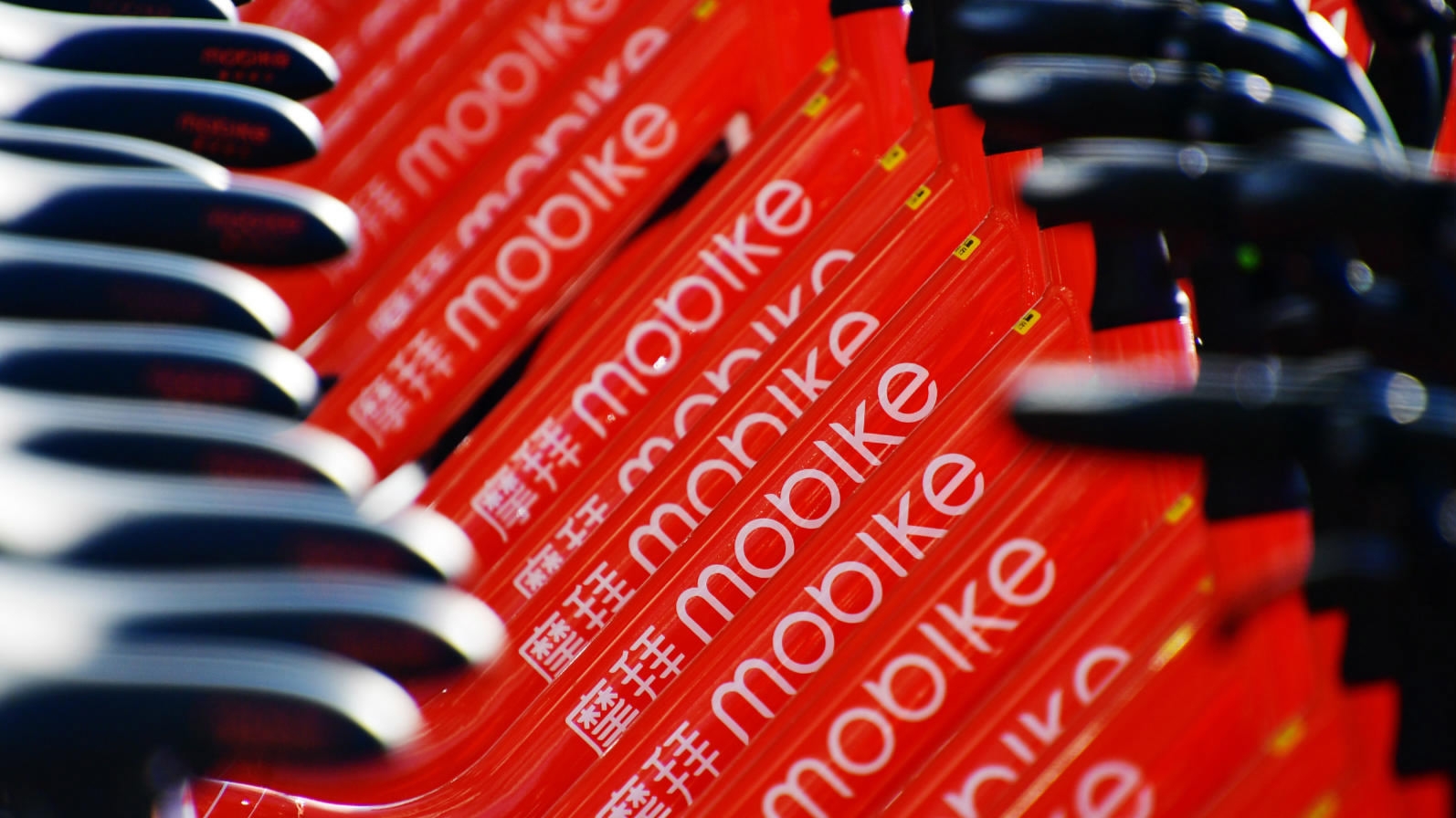
Business
08:21, 25-Nov-2017
Bike-sharing market is pushing new players out
By Xia Cheng

Mobike and ofo, China's top two bike-sharing companies, have been a favorite among venture capitalists and enjoying fast growth. However, many of their bike-sharing counterparts have experienced a much more difficult time.
Bluegogo, widely seen as the No.3 player, is the latest bike-sharing firm to go bankrupt, along with five others. The team now does not even have the money to refund the user deposits.
“These bankrupted companies relied too heavy on the deposits,” said Wang Jianhui, general manager of R&D department at Capital Securities. “They use deposits for further expansion; this is illegal activity. And their income is too little to cover the expanse.”

By the end of August, there was a total of 10 billion yuan, or more than 1.5 billion US dollars, in deposits in bike-sharing app accounts. With the death of six bike-sharing companies, more than 152 million US dollars is unlikely to be refunded.
But some analysts said it is wrong to put all the blame on the startups as investing in new companies is supposed to be risky. They blame venture capitalists.
Most venture capital funds are only interested in the first and second biggest players, analysts said. That is why smaller or newer players do not get the funding or resources, putting them at a disadvantage.

VCG Photo
VCG Photo
Wang also agreed that companies such as ofo and Mobike succeed because they are the “first mover” of the industry.
“They start earlier. At that time, no one is aware of these opportunities. So they have attracted a huge amount of capital," Wang said.
Moving forward, many smaller companies in bike sharing are likely to merge to beef up their profitability. Experts believe that would unlock some of the investors that are reluctant to bet on newcomers.
1km

SITEMAP
Copyright © 2018 CGTN. Beijing ICP prepared NO.16065310-3
Copyright © 2018 CGTN. Beijing ICP prepared NO.16065310-3